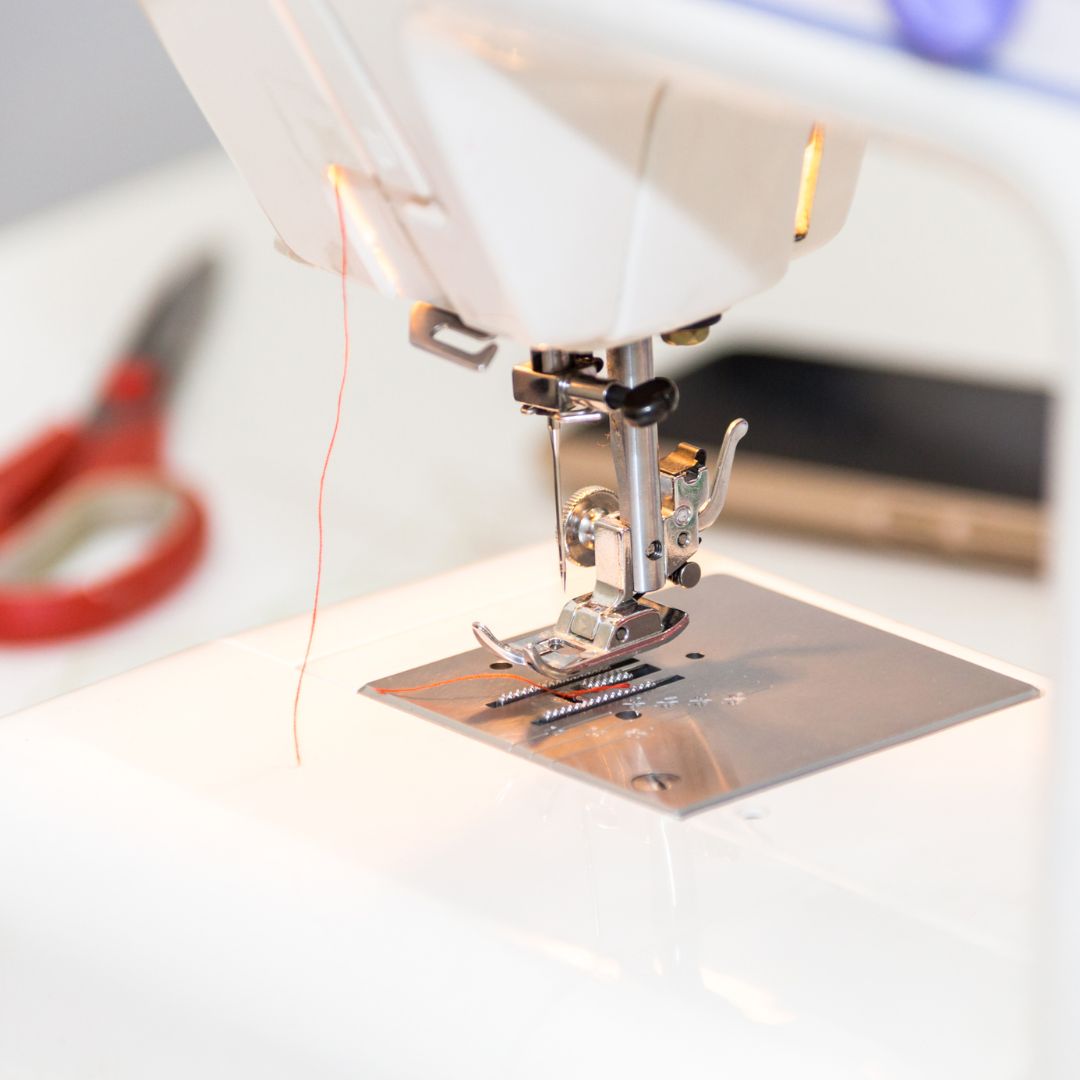
How to Choose the Right Needle for Quilting: Sizes, Types & Thread Matching Tips
Share
Get in the Groove: Understanding Machine Needles for Quilting
If you've ever felt overwhelmed staring at a wall of sewing machine needles—you're not alone. Between needle types, sizes, and brands, choosing the right one for quilting can feel like decoding a secret language. Let’s break it down together.
Not All Needles Are Created Equal
There are different needles for different tasks: hand-sewing needles, tapestry needles, and machine needles. But did you know even within the realm of machine needles, there’s a lot more going on than just "sharp or not"?
We’re focusing on domestic sewing machine needles—the kind you'll use for piecing, quilting, and machine embroidery on your home machine.
Know Your Needle Anatomy
- Flat shank vs. round shank: Domestic machines use flat shanks so the needle sits in the right orientation—usually with the eye facing 6 o’clock. If it's off even a little, you could get skipped stitches or shredded thread.
- The groove: A tiny channel above the eye that cradles the thread. If your thread is too thick or too thin for that groove? Say hello to tension issues.
- The scarf: A little dip at the back near the eye. It creates space for the bobbin hook to catch the top thread. No scarf = no lockstitch.

Why Thread + Needle Size Matters
 |
Needle size needs to match thread weight for best results. If the thread doesn’t sit comfortably in the groove, you’ll run into:
|
Quick Needle Size Guide
| Needle Size | Metric/Singer | Best For Thread Weight | Typical Use |
|---|---|---|---|
| 60/8 | 8 | 100wt, 80wt | Fine embroidery |
| 70/10 | 10 | 60wt | Delicate fabrics |
| 80/12 | 12 | 50wt | Standard piecing |
| 90/14 | 14 | 40wt | Quilting or heavier thread |
| 100/16 | 16 | 30wt and up | Decorative or thick threads |
Fun Fact: Needle numbers reflect diameter × 100. A 1mm needle = 100/16.
Needle Types for Quilters
🧵 Universal Needles
Great all-rounders for piecing with cotton fabric and basic threads. Not ideal for dense quilting or fancy threads.

✨ Embroidery Needles
Designed for rayon, polyester, or cotton embroidery thread. They have:
- A larger eye to reduce shredding
- A pontoon scarf to prevent skipped stitches from fast machine movement

🔝 Topstitch Needles
Quilters love these! Perfect for metallic threads, 12wt or 30wt, and bold visible quilting lines. They feature:
- A long, large eye
- A deep groove to protect thicker thread

A Final Stitch of Advice
Always match your needle size to your thread—and don’t forget to change your needle regularly. A dull or bent needle is a top cause of skipped stitches and broken thread.
Pro Tip: Change your needle every 6–8 hours of sewing or at the start of each new project.
Want More Quilting Tips?
Check out our Quilting Tips archive or grab our free Foundation Paper Piecing Guide if you haven't already!
Follow @augustaquilts on Instagram for quick tips, behind-the-scenes peeks, and inspiration for your next project.
